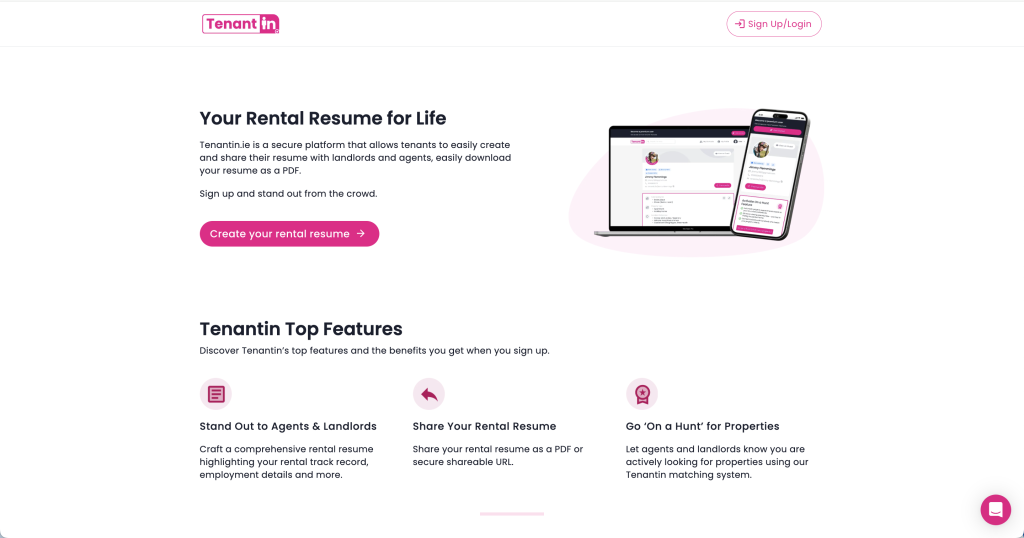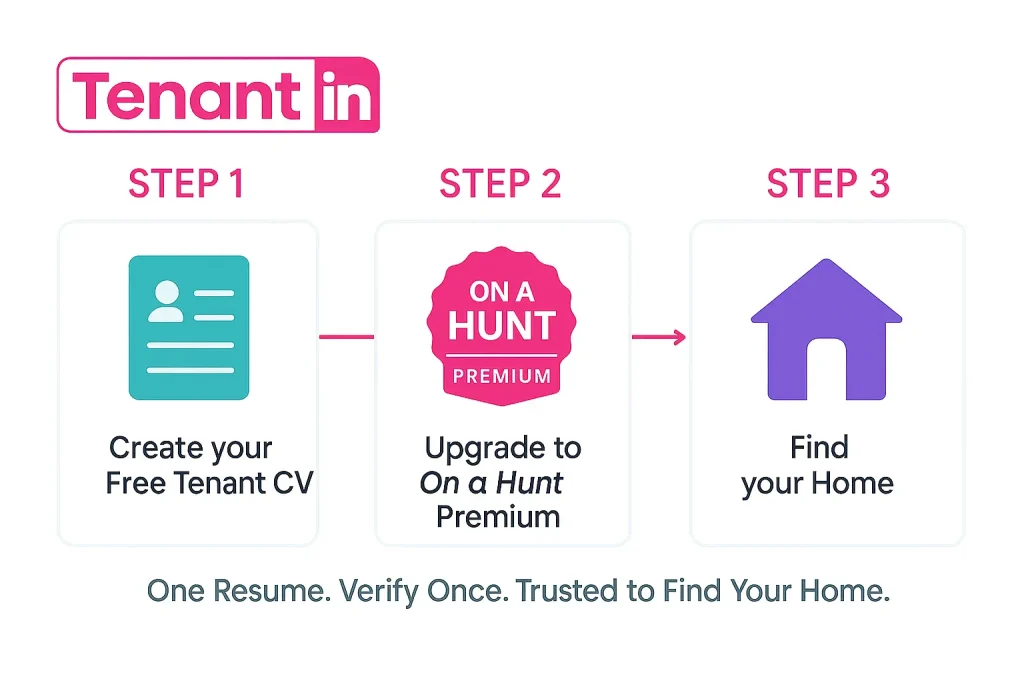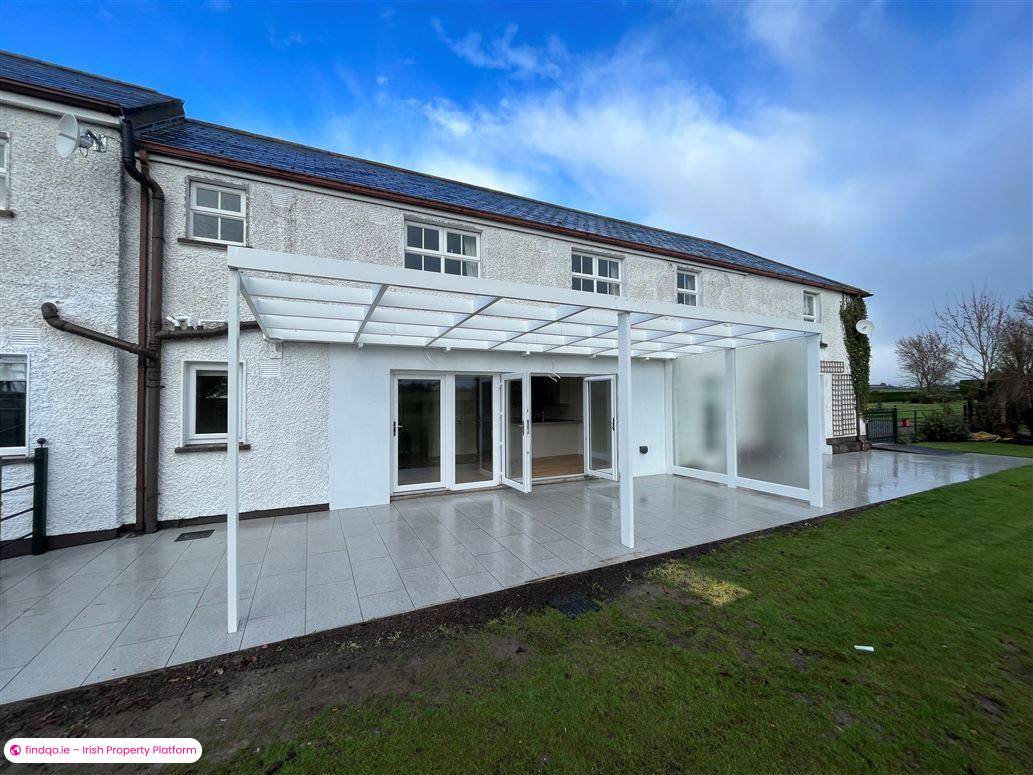Renting in Ireland has become an increasingly challenging task for many individuals and families. With soaring demand, limited supply, and rising costs, securing a rental property can feel like an uphill battle. Whether you’re a first-time renter or someone looking to relocate, navigating Ireland’s competitive rental market requires strategy and preparation. In this guide, we’ll explore why renting in Ireland is so difficult and provide actionable steps to improve your chances of finding a home.
Why Renting in Ireland Is So Hard
1. High Demand, Low Supply
One of the biggest reasons why renting in Ireland is so difficult is the severe imbalance between demand and supply. Major cities like Dublin, Cork, and Galway have seen an influx of professionals, students, and families searching for accommodation, while the number of available rental properties has not kept pace. With so many people competing for limited housing, prices have surged, making affordability another major concern.
2. Rising Rental Costs
The cost of renting in Ireland has risen significantly over the past decade, driven by high demand and a lack of new housing developments. According to recent reports, rental prices in Dublin and other urban centres have reached record highs, making it challenging for many to find affordable housing. Rent caps in designated Rent Pressure Zones (RPZs) aim to control rent increases, but the overall market remains tough for renters.
3. Strict Landlord Requirements
With landlords receiving numerous applications for every listing, they have the luxury of being highly selective. Many require extensive documentation, such as proof of income, references, and rental history. Tenants without a strong rental resume may struggle to compete, even if they are financially capable of affording the rent.
4. Competition is Fierce
It’s not uncommon for rental properties to receive dozens of inquiries within hours of being listed. Many renters find themselves in bidding wars, offering higher rent than advertised just to secure a home. Without a strong rental profile and a proactive approach, it can be incredibly difficult to stand out from the crowd.
What You Can Do to Improve Your Chances

1. Create a Strong Rental Resume with Tenantin.ie
One of the best ways to improve your chances in Ireland’s rental market is by having a professional rental resume. Platforms like Tenantin.ie allow renters to build detailed rental resumes that showcase their rental history, employment status, references, and other key details. A well-prepared profile can help you stand out and demonstrate to landlords that you are a responsible tenant.
2. Use the ‘On a Hunt’ Feature on Tenantin.ie
Finding a rental property can be exhausting, but Tenantin.ie’s ‘On a Hunt’ feature simplifies the process. This tool allows renters to post their housing needs, making it easier for landlords and agents to find them. Instead of spending hours searching for listings, you can let opportunities come to you by making your rental preferences visible to property owners.
3. Be Prepared with All Necessary Documents
When you find a rental you like, being ready with all required documents can give you an edge. Ensure you have:
- A rental resume (easily created with Tenantin.ie)
- Proof of income (payslips or employment contracts)
- References from previous landlords or employers
- A deposit and first month’s rent ready
Landlords appreciate tenants who are organised and prepared, so having everything in order increases your chances of securing a home.
4. Expand Your Search Beyond City Centres
If you’re struggling to find an affordable rental in major cities, consider looking at nearby suburbs or commuter towns. Areas outside Dublin, for example, often offer more affordable rent while still providing access to public transport and amenities.
5. Network and Use Multiple Platforms
While property websites are a great place to start, networking can also be highly effective. Join local housing groups on social media, ask friends or colleagues for leads, and let people know you’re looking for a place. Sometimes, rentals are secured through word-of-mouth before they’re even listed online.
6. Act Quickly and Follow Up
Because competition is high, speed matters. When you see a listing you like, inquire immediately. Follow up politely if you don’t hear back within a day or two. Demonstrating keen interest can sometimes make a difference in securing a viewing.

There’s no doubt that renting in Ireland is hard, but by being proactive and using the right tools, you can increase your chances of finding a suitable home. Platforms like Tenantin.ie offer practical solutions, from creating a professional rental resume to using the ‘On a Hunt’ feature to attract landlords.
By preparing your documents, expanding your search, and acting quickly, you’ll put yourself ahead in the competitive rental market. Stay persistent, and with the right approach, you’ll find the right home in Ireland.
Frequently Asked Questions
Why is finding rental accommodation in Ireland so difficult?
The demand for rental properties often surpasses supply, especially in urban areas like Dublin, Cork, and Galway. This imbalance makes it challenging to find available properties, leading to competitive rental markets and higher rents.
What factors contribute to high rental prices in Ireland?
Several factors contribute to high rental prices, including a shortage of housing supply, rising construction costs, and increased demand from both domestic and international renters. These elements combine to push rental prices upward.
How can I improve my chances of securing a rental property?
Being well-prepared can significantly enhance your chances. This includes having all necessary documentation ready, such as references from previous landlords, proof of income, and identification. Respond promptly to listings and consider broadening your search to include different areas or types of properties.
Are there any legal protections for tenants in Ireland?
Yes, tenants in Ireland have several rights protected under the Residential Tenancies Acts. These include the right to a rent book or written lease, protection against unlawful eviction, and the right to privacy and peaceful enjoyment of the property.
How can I ensure that I’m not overpaying for rent?
Research is key. Compare similar properties in your desired area to gauge average rents. Websites like tenantin.ie offer valuable insights into current market trends and average rental prices, helping you make informed decisions about fair pricing.
What are some common pitfalls tenants should avoid?
Some common pitfalls include not thoroughly reading the lease agreement, failing to document the property’s condition upon move-in, and neglecting to understand your rights and responsibilities as a tenant. Taking these steps can prevent potential disputes with landlords.
How do I handle disputes with my landlord?
Communication is vital. Try resolving issues directly with your landlord first. If this doesn’t work, you can seek assistance from the Residential Tenancies Board (RTB), which provides dispute resolution services for tenants and landlords.
Can I negotiate my rent with my landlord?
While it may be challenging in a competitive market, negotiating rent is possible if you have compelling reasons—such as long-term tenancy or minor property issues that require attention. Approach negotiations professionally and be prepared for different outcomes.
What should I look for during property viewings?
During viewings, check for signs of dampness or structural issues, adequate heating facilities, and safety features like smoke alarms. Also, assess the location’s suitability regarding proximity to work or public transport.
Where can I find reliable information about renting in Ireland?
For accurate information about renting in Ireland, platforms like tenantin.ie provide comprehensive resources on market trends, tenant rights, and practical advice on navigating the rental process effectively.







